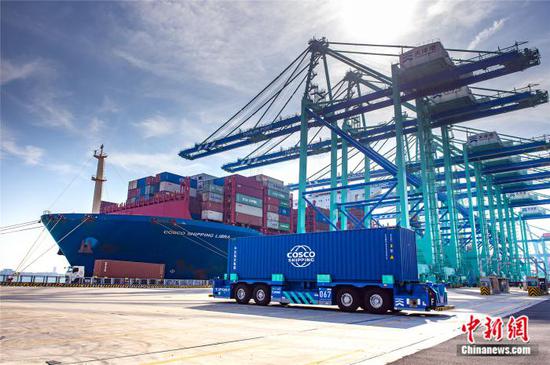
Photo shows the smart container terminal of Tianjin Port in north China’s Tianjin, August 16, 2023. (Photo/Tianjin Port Group)
By Jing Yuxin
(ECNS) -- The Second Container Terminal of Tianjin Port, the world’s first “smart zero-carbon” terminal, buzzed with automated robots transporting containers within the area in north China's Tianjin Municipality on Wednesday.
Thanks to technologies such as 5G, AI, and BeiDou navigation, container loading and unloading proceeded seamlessly.
Blue transport robots, or Artificial Intelligence Robots of Transportation (ART), maneuvered with remarkable agility during the work. Developed by Tianjin Port Group, ART is a fully autonomous transport robot designed to operate within container terminals.
Weighing about 23 tons, the ART can operate up to 12 hours after just one hour of charging. It boasts autonomous perception capabilities, smart planning, and intelligent decision-making, outfitted with an array of sensors including lidar, cameras, ultrasonic radar, and millimeter wave radar, alongside BeiDou navigation technologies. With the integration of 5G, the ART can be remotely controlled, enabling high-precision, unmanned, and secure transport operations in complex scenarios.
These smart robots meet the demands for prolonged operations at the terminal, enhancing operational efficiency and production safety, said Gao Yanhui, deputy general manager of the terminal.
In addition to the ART, two large wind turbines stand out. These eye-catching installations serve as "magical devices" to provide green electricity to the port. Tianjin Port is making full use of new energy sources through distributed photovoltaic and wind power projects. Currently, Tianjin Port generates approximately 90 million kilowatt-hours of green electricity annually, resulting in a reduction of about 75,000 tons of carbon emissions per year, equivalent to planting 210,000 trees.
"The green electricity we generate surpasses our annual consumption, ensuring a constant supply of 100% green energy," said Gao.
"As a company in the port industry, we will better apply a variety of new technologies at the port," Gao added.
The world's first "smart zero-carbon" terminal commenced its operations on October 17, 2021.
Tianjin Port stands as a pivotal intersection for the Belt and Road Initiative, and an international hub embracing comprehensive openness. It has maintained its position among the world's top 10 ports for multiple years.
As a modern, comprehensive and world's highest-grade artificial deep-water port, Tianjin Port boasts 144 container routes, facilitating trade connections with over 500 ports across more than 180 countries and regions worldwide.








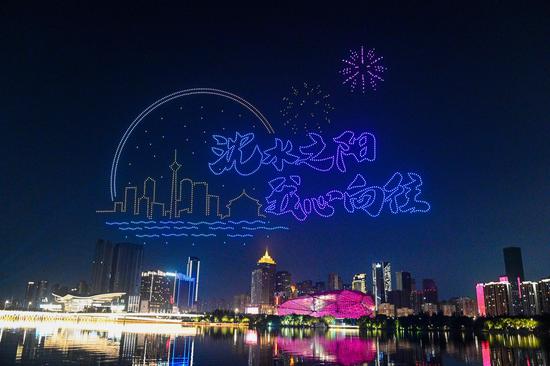
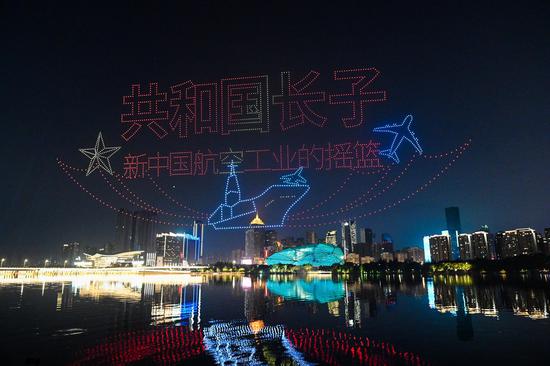
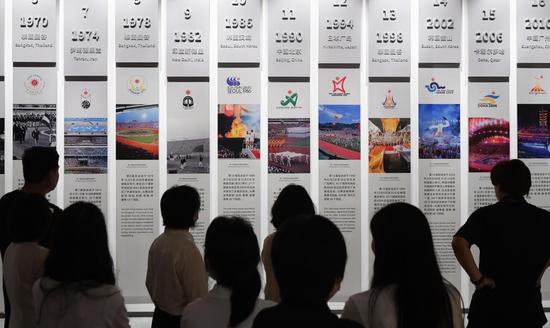

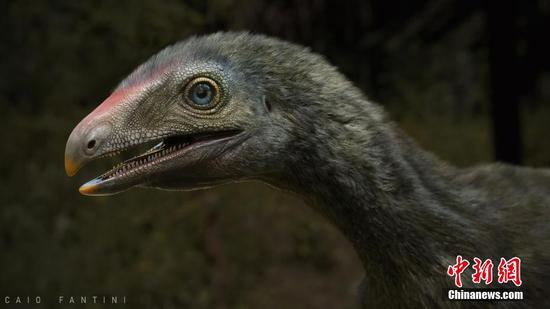

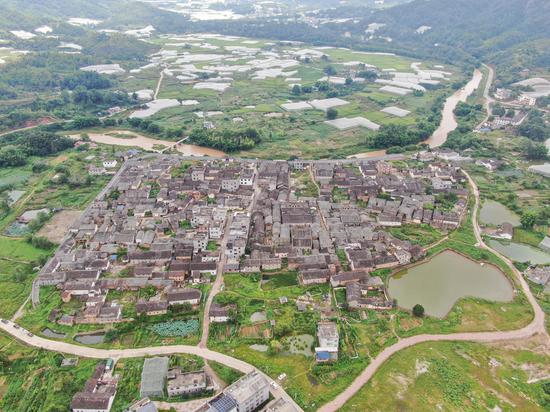
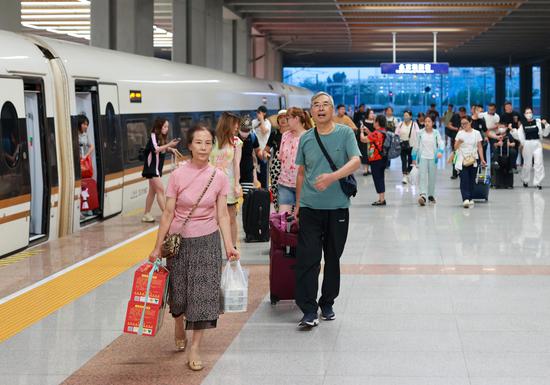







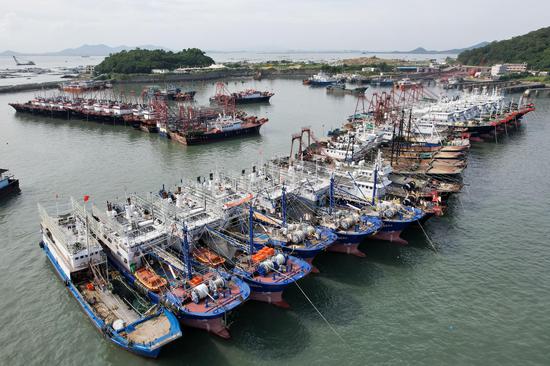

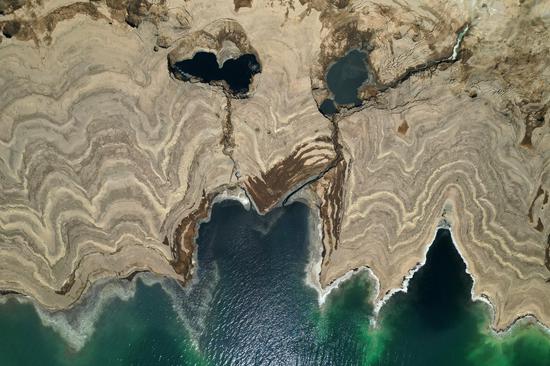

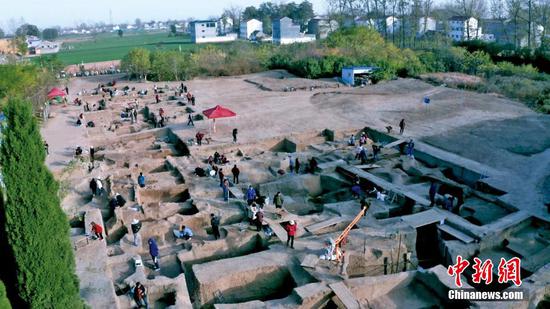

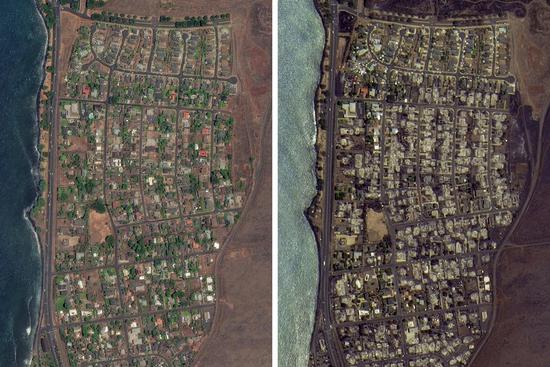

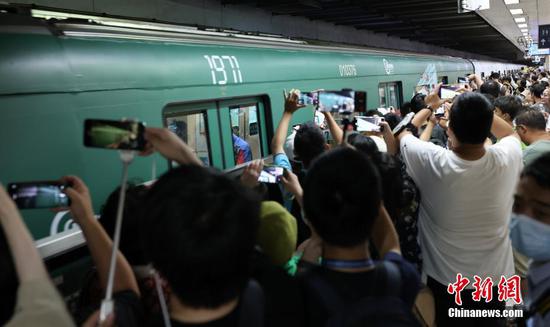
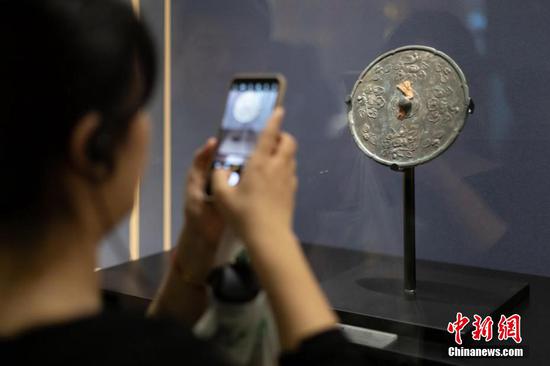

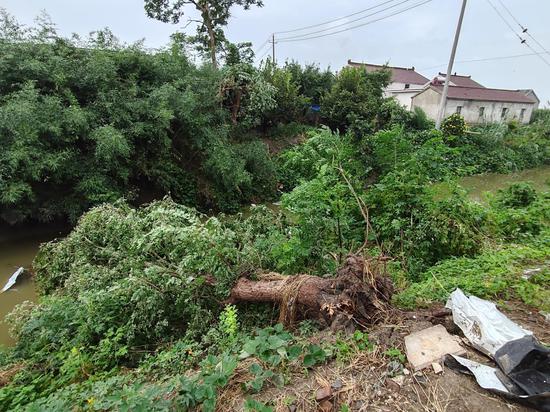

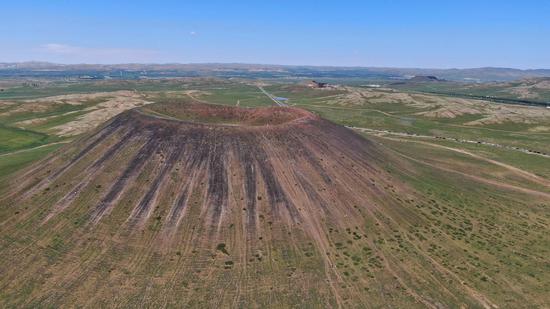

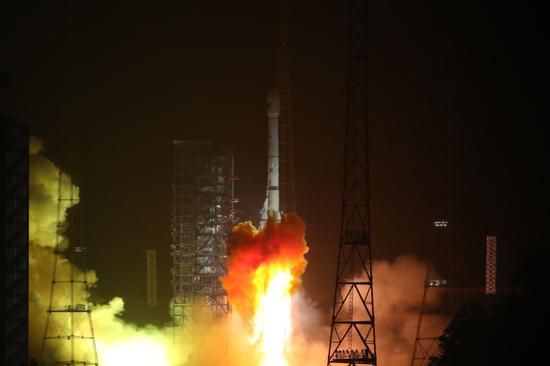
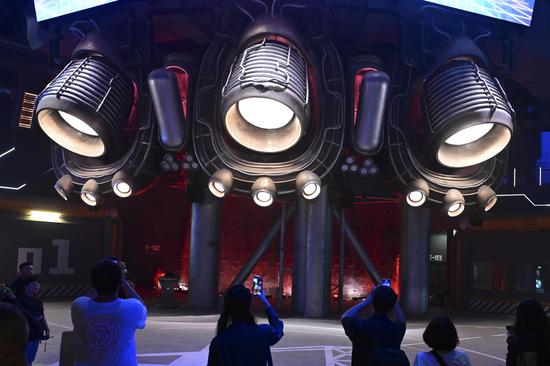

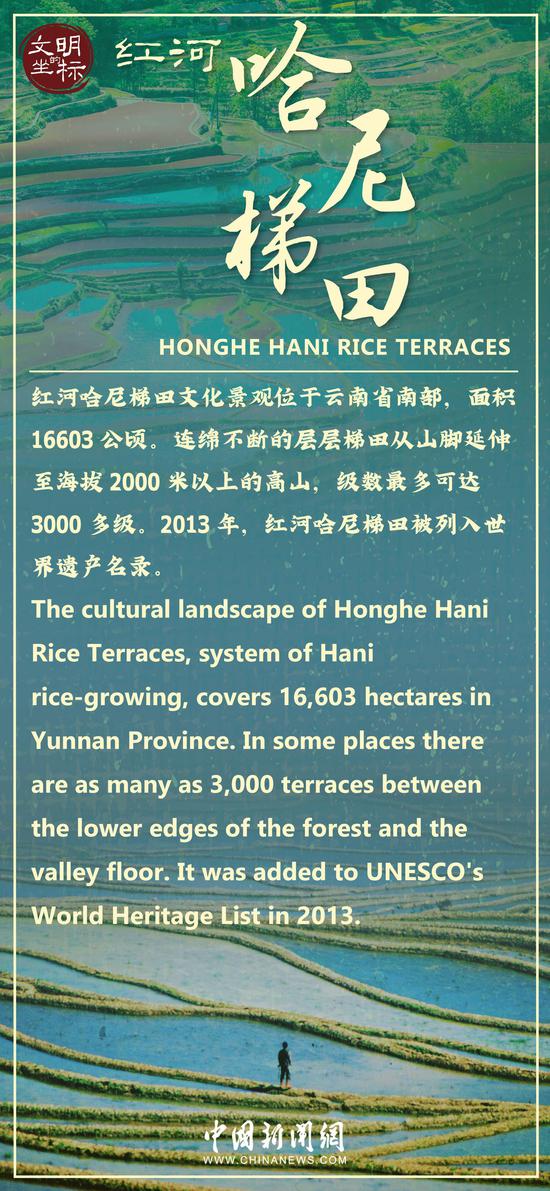

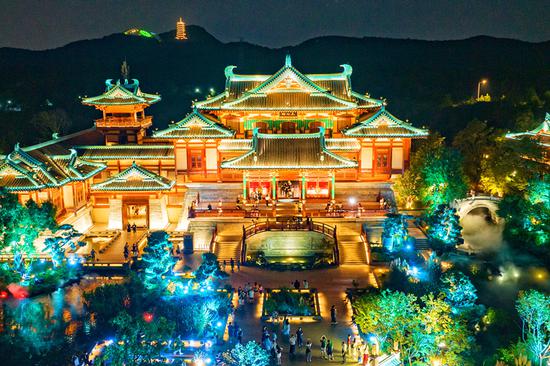
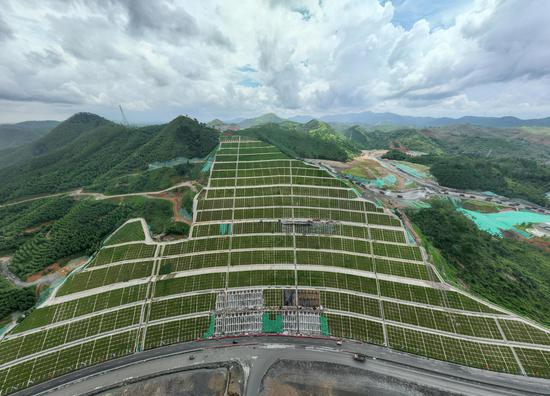





 京公网安备 11010202009201号
京公网安备 11010202009201号